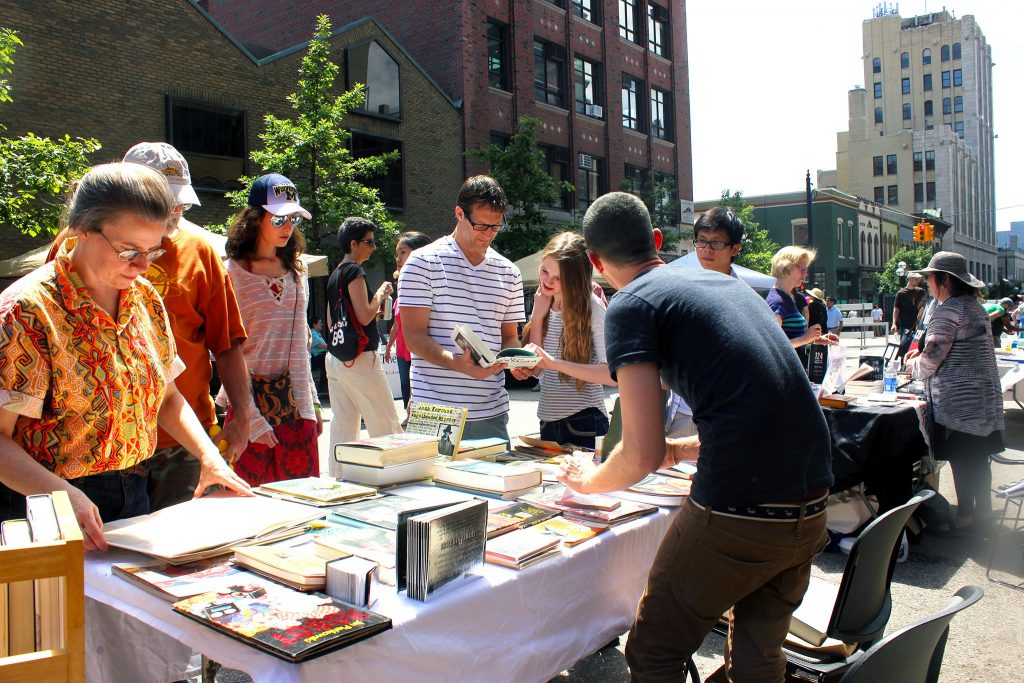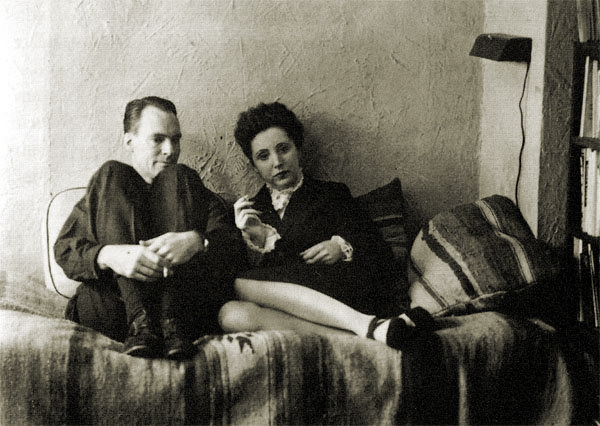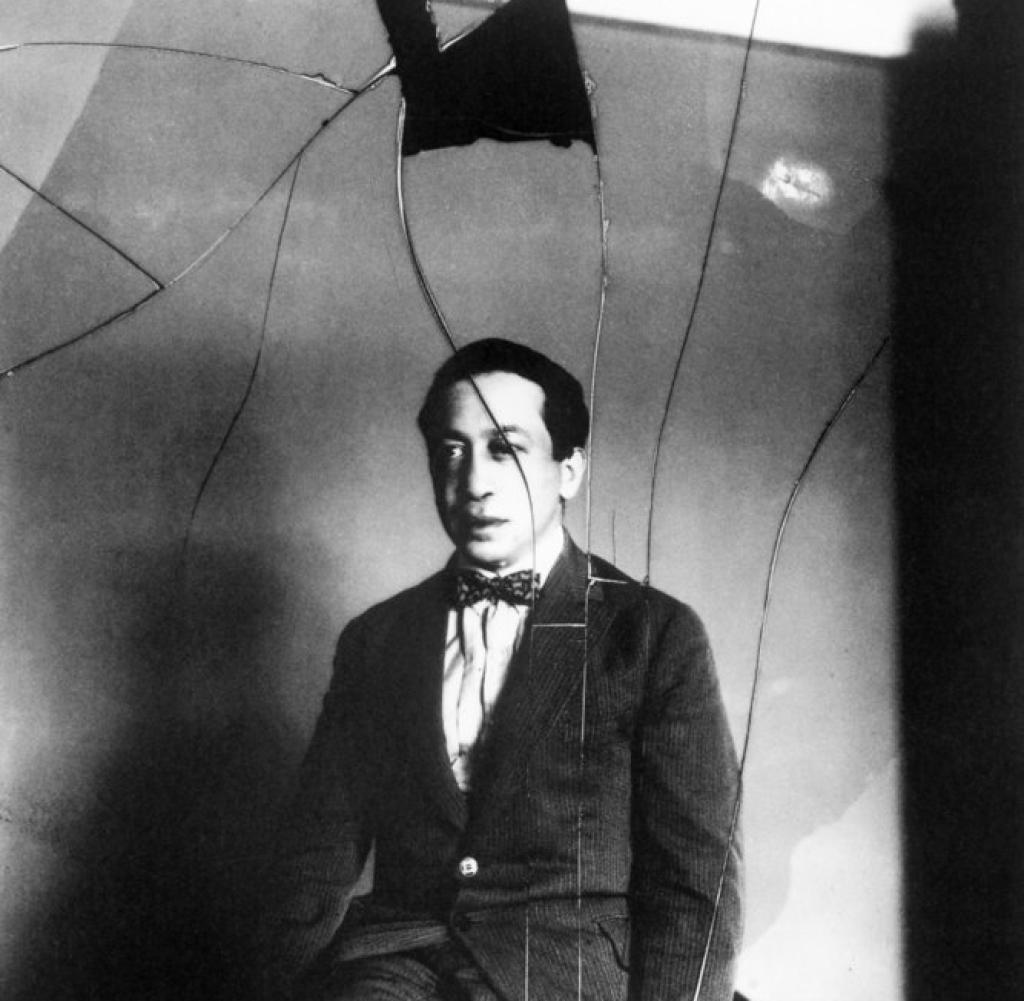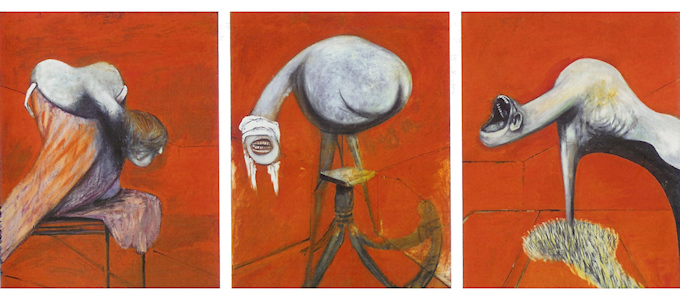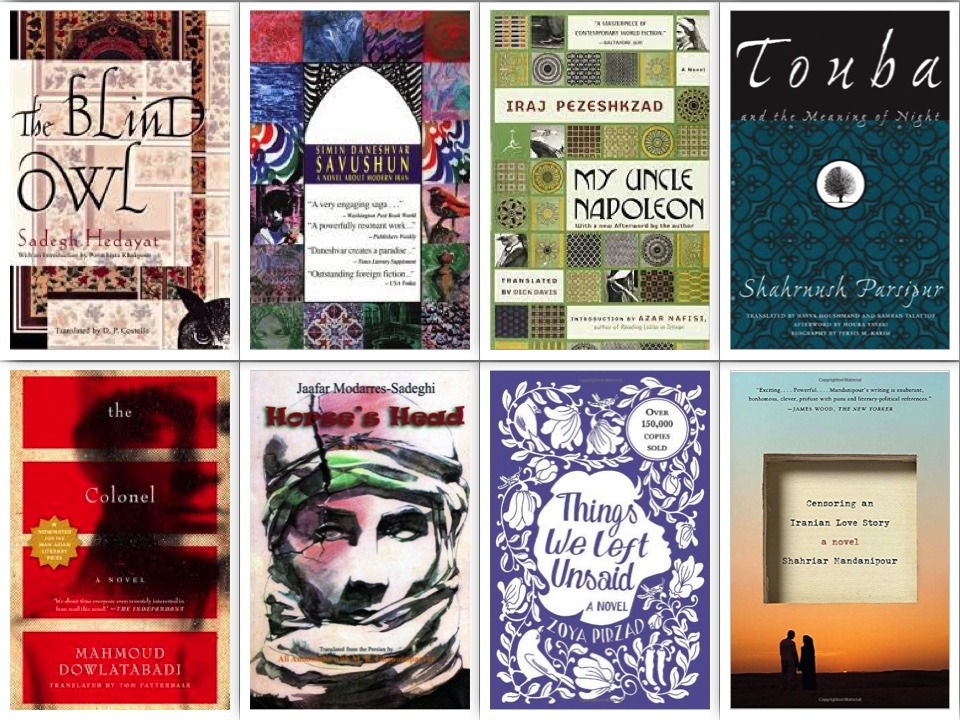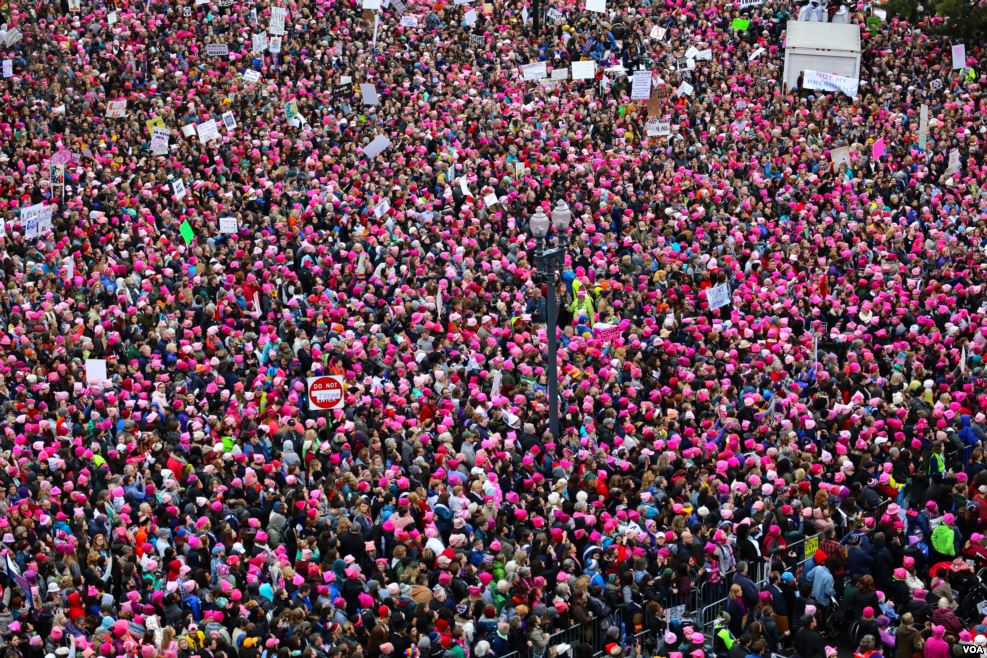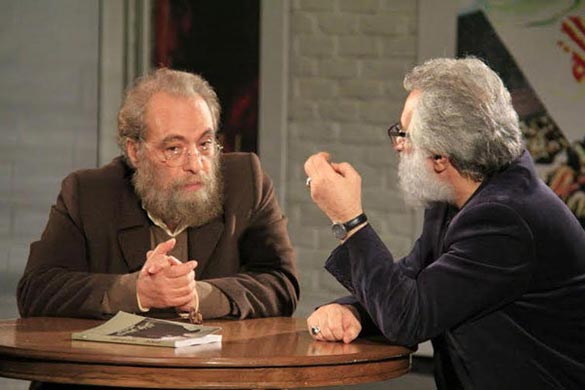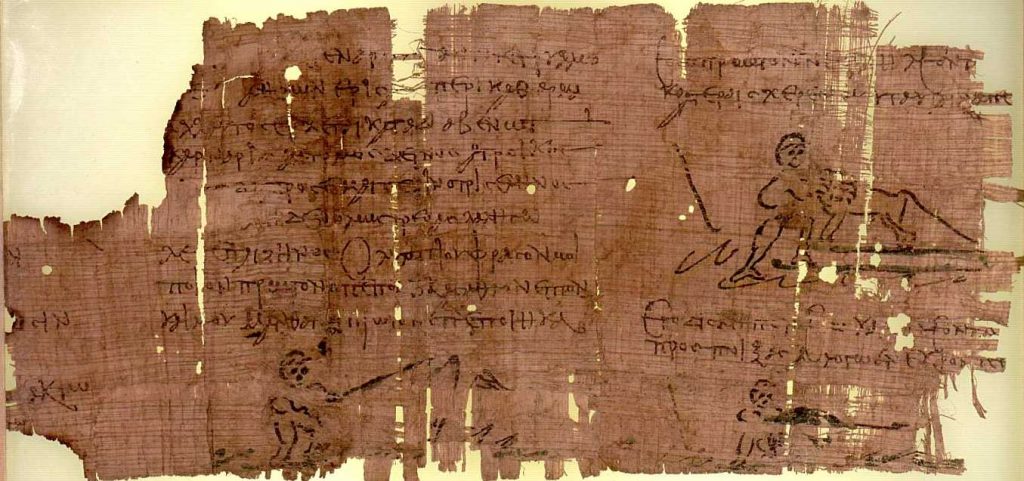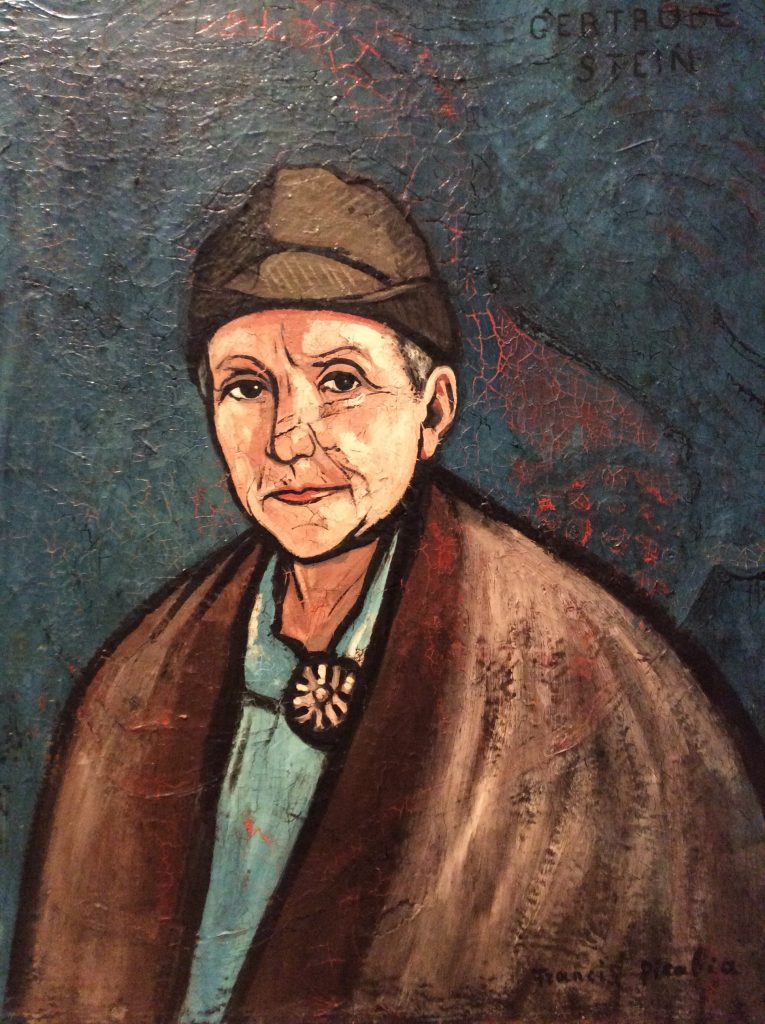2017 Guide to Michigan’s Summer Literary Festivals
Festival season is coming, so here are some literary events (most of them free) worth checking out this summer. We’d love to add to this list, so let us know if we’ve missed a good one!
2017 Guide to Michigan’s Summer Literary Festivals Read More »

